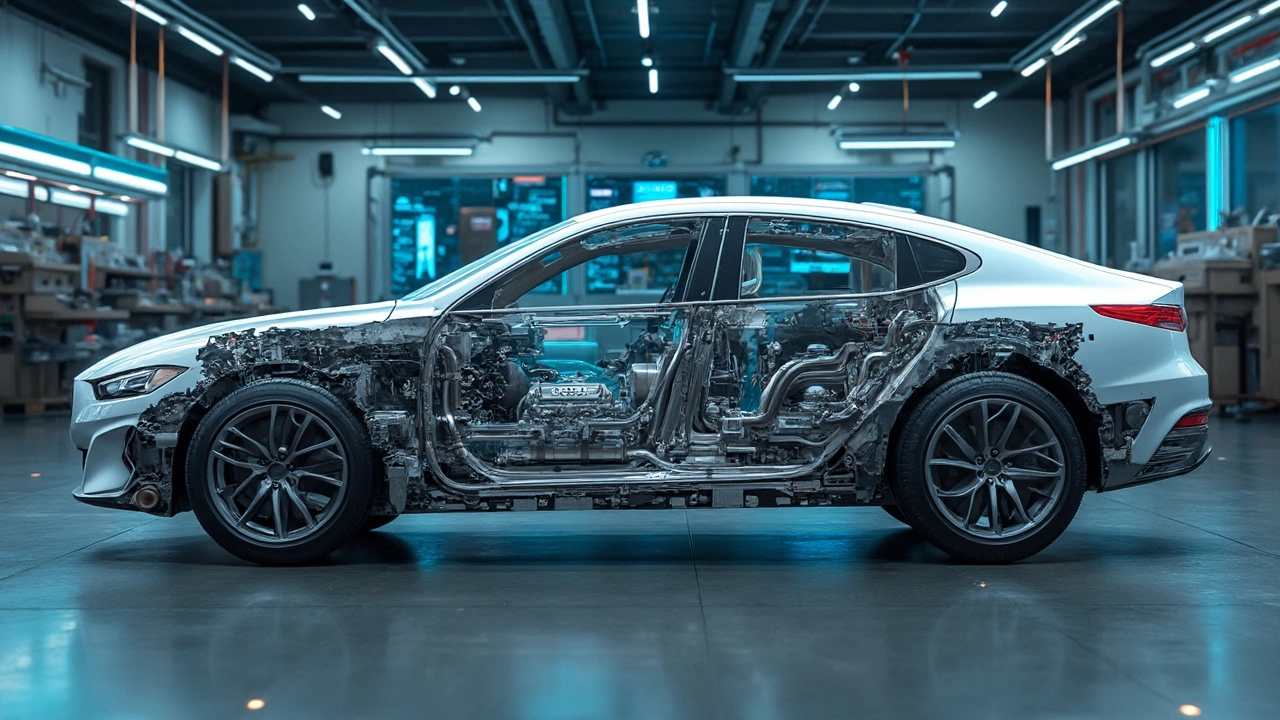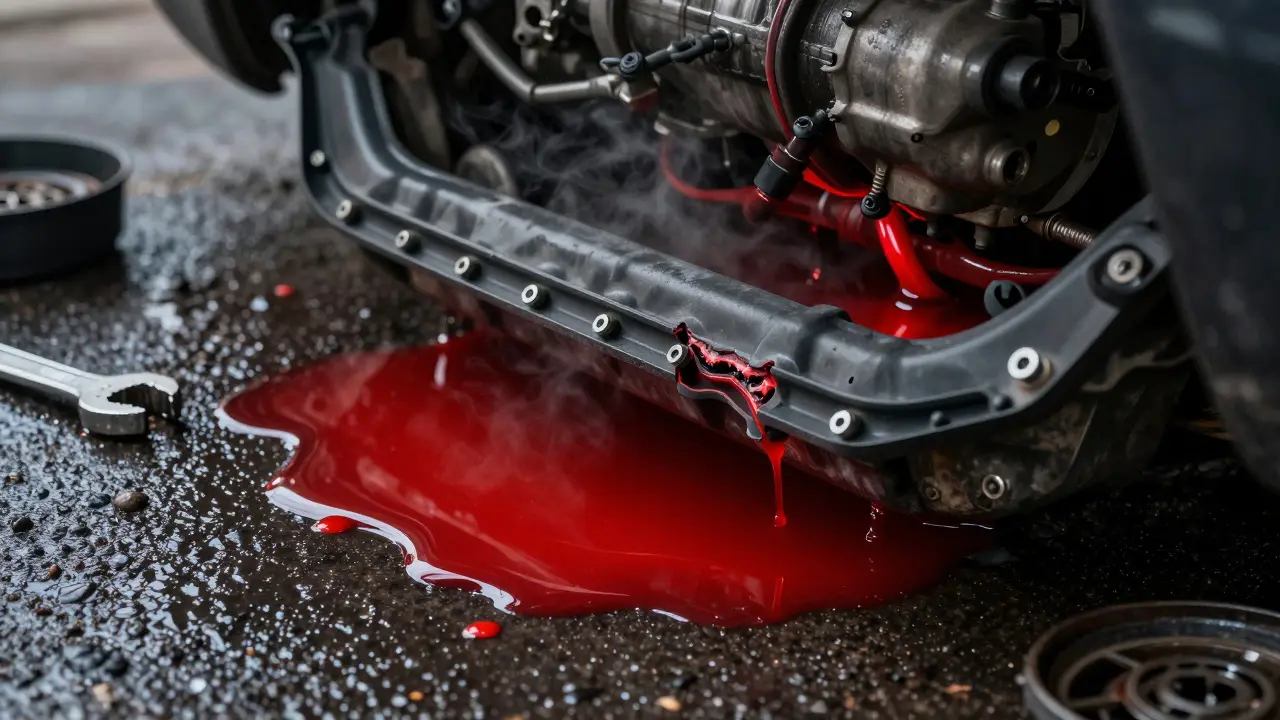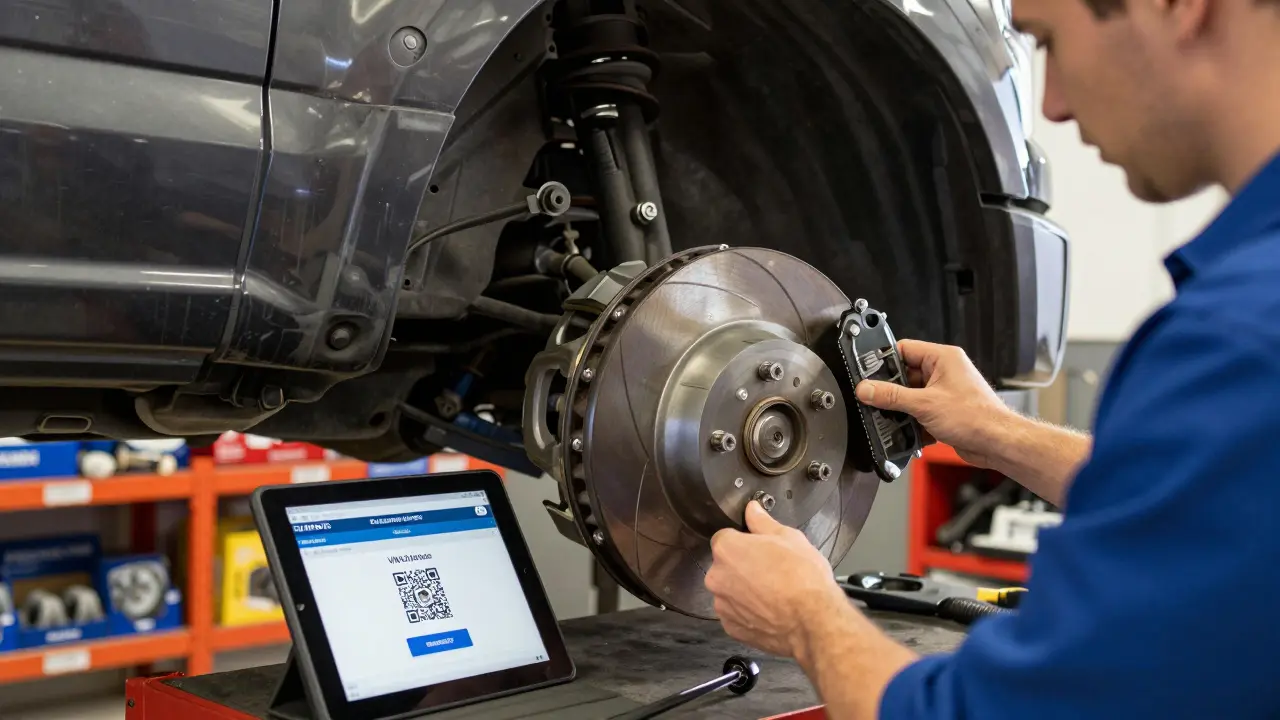Engine Components: Real-World Guide for Car Owners
Open your hood and you’ll see a maze of metal, wires, and hoses. To a lot of people, it looks like a mess only a mechanic would understand—but engine components are not as mysterious as auto shops make them sound. Knowing what’s there saves you cash and stress, and it makes those conversations with mechanics way less intimidating.
The engine block is the core—the part that holds the cylinders, pistons, crankshaft, and sometimes the camshaft. This heavy chunk is where all the action happens to create power. Pistons move up and down inside the cylinders. The crankshaft turns this movement into the kind that spins your tires. Sound dull? Not when you realize a single bad piston ring can mess up your car’s whole vibe, burning oil and killing fuel economy. One gasket blown? Expect a cloud of smoke and a lighter wallet.
If you’ve heard about timing belts or chains, here’s their actual job: They keep valves and pistons moving together, perfectly synchronized. If the timing slips, your engine can destroy itself. So, if your manual says to replace that belt at 60,000 miles, it’s not a scam. Waiting until it snaps means a tow truck is in your future.
Valves let air and fuel in, exhaust out. If carbon builds up, valves get stuck, and power drops. Pay attention during checkups—mechanics can spot these issues with a compression test. Spark plugs? They give that mini explosion that fires up the fuel. Ignore old spark plugs, and you risk misfires and rough starts, plus you’ll burn more gas than you’d like to admit.
The cooling system might sound boring—just a radiator and coolant, right? But a stuck thermostat or bad water pump can push your engine into meltdown mode quicker than you’d think. Always watch the temp gauge and never ignore leaks under your car. Coolant isn’t just for summer; it also keeps things from freezing when temps drop.
Oil is the bloodline. If someone ever told you to skip oil changes, they’re dead wrong. Dirty or old oil can gum up moving parts, creating friction and wear. Look at your dipstick every month. Low or dark oil needs attention—don’t just trust the dashboard light to save you in time.
Even new cars with all their electronics still rely on these classic engine components to run smoothly. Modern add-ons like turbochargers and electronic control units make things more powerful and efficient—until they go wrong. A weird engine noise? That’s your engine’s way of saying, "Check me before it gets expensive."
Understanding the basics of engine parts makes owning a car less stressful. You won’t become a pro overnight, but using the right words and spotting small issues early can keep you in the driver’s seat—not on the bus. Next time you’re at the shop, ask real questions. Mechanics respect customers who know their stuff, even just a little.

Car Parts and Their Impact on Vehicle Performance
Car parts play a crucial role in the overall performance of a vehicle. Understanding how each component affects functionality can help car owners make informed decisions about maintenance and upgrades. From the engine and tires to the exhaust system, every part contributes to how well a car runs. This article delves into the specifics of car parts, offering insights and tips on enhancing vehicle performance through proper maintenance.




